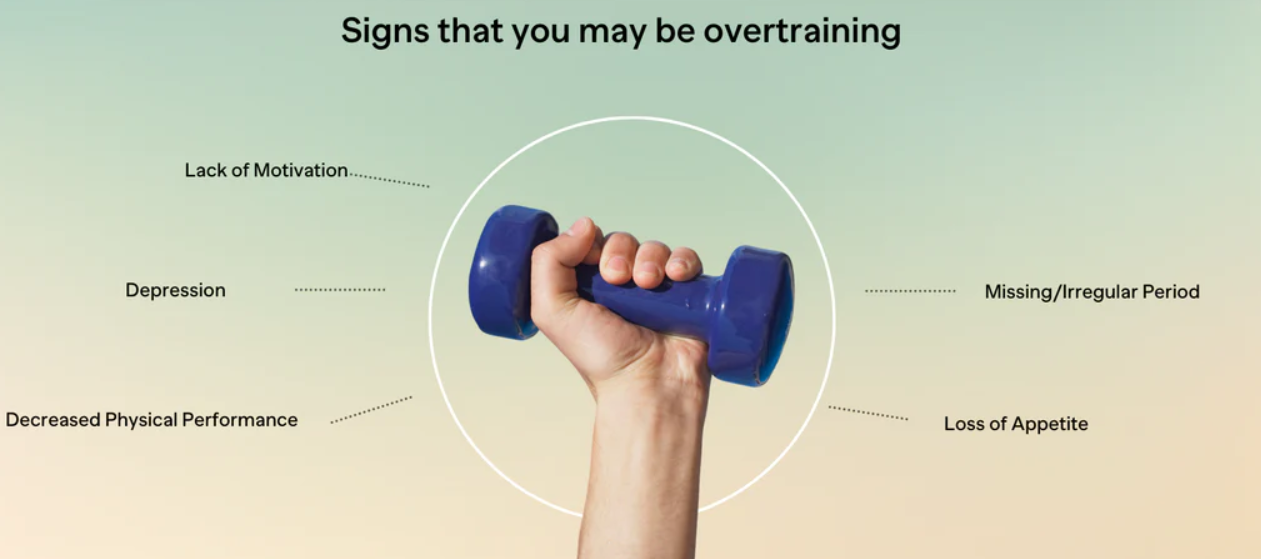Understanding the Science of Recovery
Recovery is not just about sitting on the couch; it’s a physiological process that allows the body to repair and adapt to the stress placed on it during exercise. Several key mechanisms come into play during recovery:
- Muscle Repair: Intense workouts create microscopic damage to muscle fibers. During rest, the body repairs and rebuilds these fibers, making them stronger and more resilient.
- Energy Restoration: Exercise depletes energy stores in the form of glycogen. Rest days allow the body to replenish these energy stores, ensuring you have the fuel needed for future workouts.
- Central Nervous System Recovery: Strenuous exercise can fatigue the central nervous system. Rest days help in restoring the balance and preventing burnout.
Benefits of Incorporating Rest Days
- Prevention of Overtraining: Overtraining occurs when the body doesn’t have adequate time to recover. This can lead to fatigue, decreased performance, and an increased risk of injury. Rest days are essential for preventing overtraining and ensuring sustained progress.
- Injury Prevention: Continuous, high-intensity workouts without proper recovery increase the risk of injuries. Rest days provide the body with the opportunity to heal and reduce the likelihood of overuse injuries.
- Improved Performance: Adequate rest enhances overall performance. Muscles, joints, and the central nervous system function optimally when given time to recover, leading to improved strength, endurance, and agility.
- Mental Well-being: Physical fatigue can translate into mental fatigue. Rest days contribute to mental well-being by reducing stress, improving sleep, and preventing burnout.
Strategies for Effective Recovery
- Active Recovery: Light activities such as walking, yoga, or swimming on rest days can promote blood flow, aiding in recovery without adding significant stress to the body.
- Proper Nutrition: A balanced diet with an emphasis on protein, complex carbohydrates, and hydration is crucial for recovery. Nutrients play a vital role in muscle repair and energy replenishment.
- Quality Sleep: Sleep is when the body undergoes significant repair and growth. Aim for 7-9 hours of quality sleep each night to support recovery.
- Foam Rolling and Stretching: Incorporate foam rolling and stretching into your routine to improve flexibility, reduce muscle soreness, and enhance circulation.
In the world of fitness, it’s easy to focus solely on the grind and intensity of workouts. However, the true secret to sustainable progress lies in understanding and respecting the role of recovery and rest days. By incorporating these essential elements into your fitness routine, you not only enhance physical performance but also promote overall well-being. Remember, fitness is a journey, and adequate recovery is a fundamental part of that journey. Listen to your body, prioritize rest, and watch as your fitness goals become not just achievable but sustainable in the long run.
